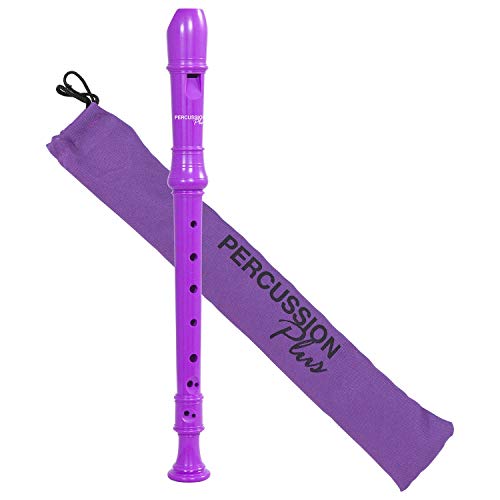Understand the instrument
A recorder is a woodwind instrument that belongs to the flute family. It has been around for centuries and is relatively easy to learn and play. Before you start caring for your recorder, it’s important to understand its parts and how it works. The recorder consists of three main parts: the head joint, the body, and the foot joint. The head joint contains the mouthpiece and is where you blow air into the instrument. The body is where the finger holes are located, and the foot joint extends the instrument’s range. Having a basic understanding of the recorder’s anatomy will help you take proper care of it.
Clean it regularly
Cleaning your recorder regularly is essential to keep it in good playing condition. After each use, wipe the inside of the instrument with a cleaning rod and a soft cloth to remove moisture and residue. It’s also important to clean the outside of the recorder to remove any dirt or oils that may have accumulated. Use a mild detergent and warm water to gently wipe down the outside of the instrument. Avoid using harsh chemicals or abrasive materials that could damage the recorder’s finish. Regular cleaning will not only keep your recorder looking good but also prevent any build-up that could affect its sound quality.
Store it properly
When you’re not playing your recorder, it’s important to store it properly to protect it from damage. Always keep your recorder in a case or a protective sleeve to prevent dust, dirt, or accidental knocks. Avoid exposing the instrument to extreme temperatures or humidity, as this can cause damage to the wood and affect its tone. Additionally, make sure to store the recorder in an upright position to prevent any warping or bending of the instrument. Proper storage will ensure that your recorder stays in good condition and is ready to play whenever you want.
Maintain the instrument
Maintaining your recorder is crucial to ensure its longevity and playing quality. Regular maintenance includes oiling the recorder with a specialized wood oil to keep it moisturized and prevent cracking or drying out. Apply the oil sparingly and wipe off any excess to avoid leaving a sticky residue. It’s also important to check the instrument for any loose or damaged parts, such as loose rings or keys. If you notice any issues, promptly take your recorder to a professional repairer or music shop to have it fixed. Regular maintenance will keep your recorder in top playing condition and prevent any major issues from developing.
Seek professional advice
If you’re unsure about caring for your recorder or have any specific concerns, it’s always a good idea to seek professional advice. Consult a music teacher, instrument specialist, or experienced recorder player for guidance on how to properly care for your instrument. They can provide valuable insights and recommendations based on their expertise and experience. Additionally, they may be able to recommend specific cleaning products, oils, or accessories that are suitable for your recorder. Remember, seeking professional advice can help you maintain your recorder’s integrity and extend its lifespan.






